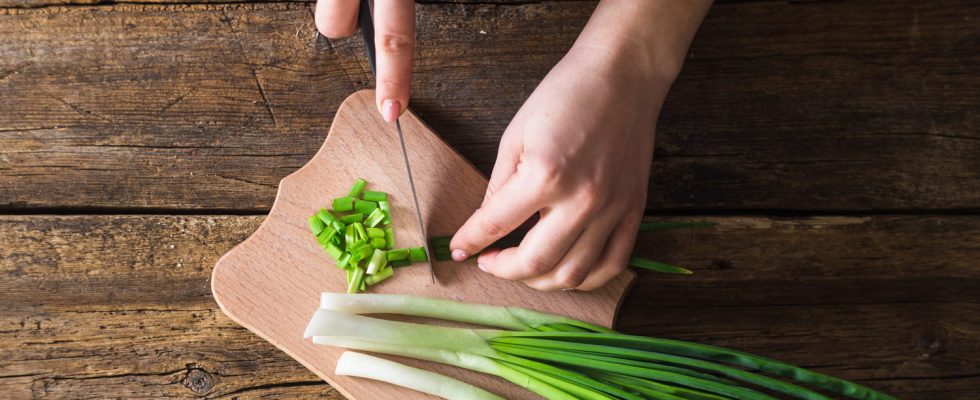Between transport, warehouse storage and the days or even weeks they spend on the shelves, “fresh” vegetables quickly lose their nutritional properties.
We have tendency to believe that fresh vegetables are better than frozen ones from a nutritional point of view. However, this is far from always being the case. From picking to plating, it often takes several days or even weeks (especially if they do not come from France). Result, fresh vegetables have already lost a large part of their vitamins and minerals when they are consumed. To overcome this phenomenon, frozen vegetables prove to be an excellent alternative. In a survey, 60 million consumers revealed that the frozen fruits and vegetables were of better nutritional value than their fresh or canned counterparts. To reach this conclusion, the researchers analyzed the nutritional quality of eight families by comparing these three preservation methods. Among the vegetables, three of them stood out :
► Green beans: they are richer in vitamin C (12.8 versus 2.4g) and vitamin B9 (77.3 versus 69.2 µg) than fresh green beans. On the other hand, their fiber content is slightly lower (3.9 versus 4.5g/100g).
► Carrot: it contains more vitamin A and fiber (3.3g versus 2.8g/100g).
► Peas: they are richer in vitamin C and vitamin B9. On the other hand, they contain a little less fiber and protein than fresh peas.
“It is better to choose frozen leeks rather than those that have been lying around on supermarket shelves for a week and that everyone has touched”
“Generally speaking, all vegetables that can be found frozen offer significant nutritional benefits. During the freezing process, the vegetables are washed and frozen immediately after harvest, which allows retain fiber, vitamins and minerals. It is better to choose frozen leeks rather than those that have been lying around on supermarket shelves for a week and that everyone has touched“, argues Pauline Pied, dietitian-nutritionist. Another significant advantage is that the vegetables are frozen in season, we can therefore consume it all year round. Moreover, freezing slows down the enzymatic activity of fruits and vegetables, which will slow down their ripening and allow them to be stored longer. Not counting the saving valuable time since the vegetables are already cut and washed, we can create our own stir-fries and perfect our nutritional balance.
Thanks to Pauline Pied, dietitian-nutritionist.
